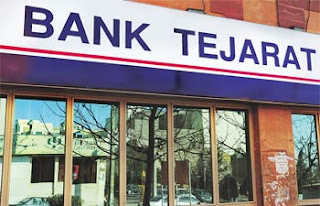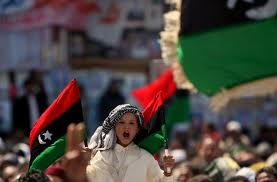According to reports, a German national kidnapped in the
northern city of Kano in January has been killed in a failed rescue attempt. At
the time of his abduction, Edgar Fritz Raupach had been working
as a supervising engineer for the Nigerian construction company, Dantata
and Sawoe (D&S). A video message recorded by Raupach was sent to
the German government in March by the kidnappers, whom he claimed were
'Mujahid'. The kidnappers are believed to be members of Al Qa'ida in the
Islamic Maghreb (AQIM), which operates in neighbouring Niger and Mali,
and which is believed to have links to the domestic Islamist group Boko Haram.
Apparently, Raupach was killed during a raid by Nigerian
security forces at a location in Kano's Danbare Quarters, near the new campus of
Bayero University. Eyewitnesses claim to have seen his corpse inside a military
vehicle transporting militants away from the site following the conclusion of
the raid.
Although at a relatively low level compared to the peak of
expatriate kidnapping in the Niger Delta, abduction of foreigners is increasing
across the north of the country as armed Islamist groups expand their activities
– indeed, an Italian engineer was reportedly kidnapped on 28 May in Kwara State
(western Nigeria).
The government is struggling to respond to the threat –
Raupach's killing is the second time in four months that a rescue attempt has
failed, resulting in the death of the captives. In March, a Briton and an
Italian national were killed in a botched rescue attempt in Sokoto, despite
assistance from British security forces.
Although at a less extreme level, the challenges posed by
Islamist kidnapping are of a different order to those in the Delta. The groups
involved appear less motivated by financial reward: the demand of Raupach's
kidnappers was the release of a Muslim woman imprisoned in Germany.
Non-financial demands make it more difficult to secure the
release, since most governments refuse to bow to 'political' demands. In the
north, abductees are often transported across substantial distances, impeding
detection. The abductee may also change hands between groups, further
complicating efforts to identify the kidnappers.
For more news and expert analysis about Nigeria, please see Nigeria Focus and Nigeria Politics & Security.
© 2012 Menas Associates





























+1.jpg)



